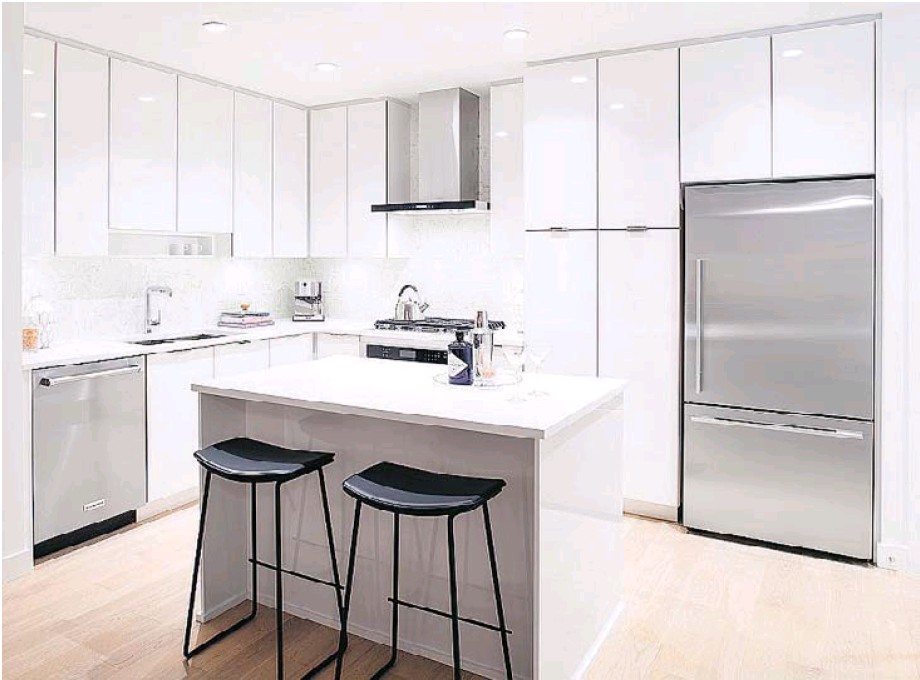New provincial rules require buyers to report the identity and citizenship of assignment buyers
Rob Shaw
The Province
VICTORIA — B.C. has launched a first-of-its-kind registry to track pre-sale condo purchases, a move that may help combat tax evasion but is not expected to drive down condo prices.
The new pre-sale registry will collect data on pre-sale flipping of condo units during development and construction of a building, Finance Minister Carole James said Monday.
The names, ownership, sale and purchase prices will be shared with the Canada Revenue Agency to help make sure people aren’t taking advantage of loopholes for income tax, capital gains tax and property transfer tax, said James. It’s the first such registry in Canada.
“It will ensure people taking those assignments when condo assignments are flipped actually pay their fair share of taxes,” said James. “Right now we have no idea. There’s no registry, there’s no tracking of those kind of flips.”
The registry will require all developers currently building condos and other strata buildings to register every four months the status of their unit contracts, starting April 30. After construction is complete and a strata plan filed with government, the developer must report annually for the next six years.
“Most developers we believe will follow it,” said James. “They are required by law. There are also fines in place if they don’t.”
However, the registry will not be available for the public and researchers. “This will be private confidential information,” said James. B.C. is creating a public database of beneficial ownership, that will allow people to search the names of those involved in real estate developments, corporations and numbered companies, said James.
Flipping pre-sale contracts — known as contract assigning — has been a contentious practice in recent years during the hot housing market. Some critics have argued pre-sales also allow wealthy foreign investors to get early access to units rather than locals.
The previous Liberal government banned so-called “shadow flipping” of homes in 2016, which involved multiple quick sales without the original seller’s knowledge and with intermediaries like real estate agents and speculators accused of pocketing the profits.
Real estate experts said gathering the pre-sale assignment data is a welcome move, but cracking down on tax evaders will not actually reduce condo prices.
“I know sometimes a developer has been caught selling a unit twice, so I think having more transparency is good,” said Tom Davidoff, the director of the Centre for Urban Economics and Real Estate at the University of B.C.
“But there’s a second part of the argument which is when people buy and sell pre-sales that creates upwards pressure on prices, that I’m much more skeptical about.”
Davidoff said people who buy a pre-sale condo actually help finance years of development and construction as investors rather than homeowners. Were a bank or pension fund to do the same thing, there’d be no question it was acceptable behaviour, said Davidoff.
“They do make pre-sales more expensive when the market is hot that’s true,” said Davidoff.
“But I personally think buying a pre-sale is a fairly lousy way for a first-time buyer to get into the market. It’s like buying a Bruce Springsteen ticket from a scalper — that isn’t really a bad way to get a Bruce Springsteen ticket.”
Many of the buildings with pre-sold units during the hot housing market in recent years are only now complete.
“It’s not obvious that this behaviour makes Vancouver certainly in the long-run less affordable,” he said. “I don’t necessarily buy that. But that said I think people evading capital gains tax and maybe laundering money or who knows … I think the transparency part is good. But that this is the path to affordability for the province, I don’t really buy that argument.”
New data from the B.C. Real Estate Association released Monday forecast residential sales in B.C. to rise by 2.1 per cent in the 2019 fiscal year, after falling 24.5 per cent in 2018. Prices are expected to remain mostly flat, provincewide.
In Greater Vancouver sales are forecast to rise 6.5 per cent after falling 30.8 per cent last fiscal year, with the average price declining 2.7 per cent.
“I think if there’s going to be one data gap that needs to be addressed in the housing market it is the pre-sale assignment market because we simply don’t have good data on that,” said B.C. Real Estate Association chief economist Cameron Muir.
But addressing data and tax loopholes won’t impact prices, he added.
“I don’t see it as coercing or changing the market itself,” he said. “It’s not going to make housing more affordable.”
“Quite frankly these issues, the speculation tax, vacancy tax, foreign buyer tax and school tax none of these measures are going to make housing more affordable. They are certainly going to make revenue for government and if government uses that money to help those at the margins of housing affordability that may be a good thing from a policy perspective.”
Changes to federal mortgage stress test rules in 2018 are really what have driven the cooling in the market, said Muir.
Developers helped craft the registry with government, said Anne McMullin, CEO of the Urban Development Institute.
“It’s something we’ve encouraged and supported and are part of,” she said.
McMullin said pre-sale contract assignments are “a very small percentage” of overall sales and in addition being done for profit can be because of changing life circumstances during construction, such as marriage, separation or children.
“As home builders we have supported this. It doesn’t really have anything to do with affordability, or the velocity of pre-sales its just a mechanism to ensure government can collect taxes where taxes are due.”
© 2019 Postmedia Network Inc.











